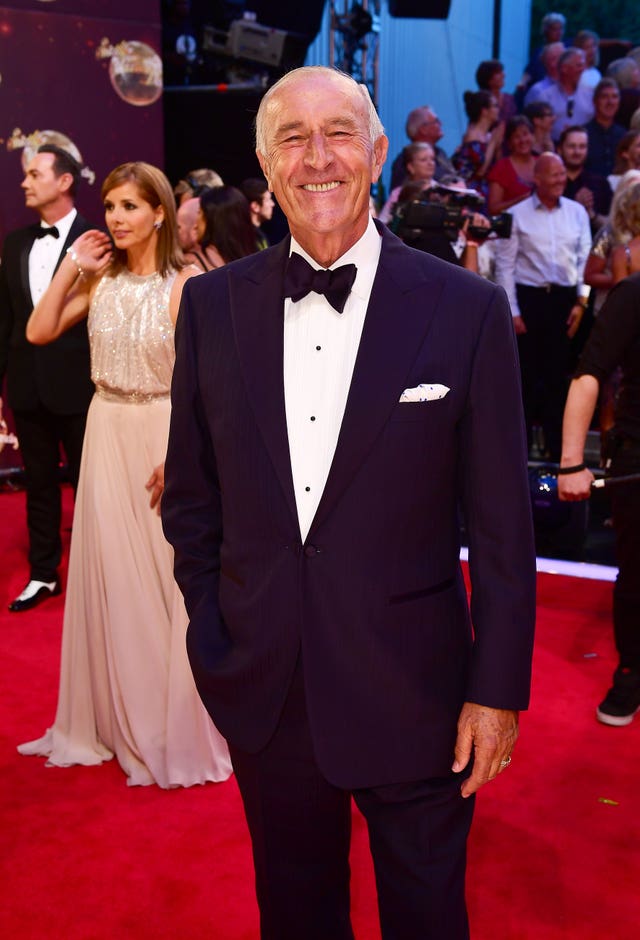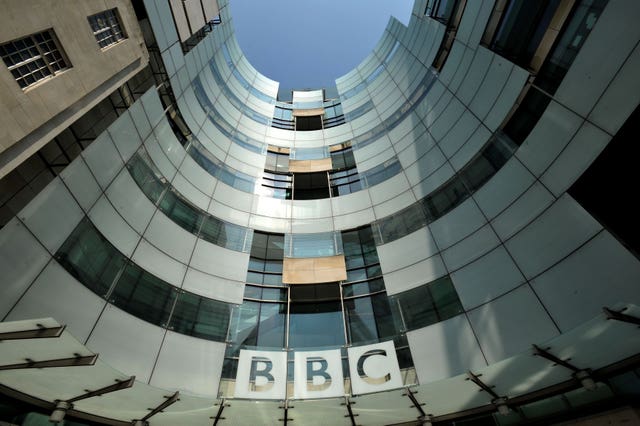
Age UK has urged the next prime minister to end the “madness” over the withdrawal of the universal free TV licence for over-75s.
The charity said that the benefit could be given to all “at the stroke of a pen”.
Its appeal came after veteran TV stars Len Goodman and Esther Rantzen criticised the change, announced earlier this month.

The BBC has said that from June next year, only over-75s who claim Pension Credit will receive the perk.
Age UK said that half – 2.2 million – of all over-75s have a limiting long-standing illness and so many are largely confined to home, meaning that TV “is their precious window on the world and constant companion”.
It says that 1.3 million of the same age group have difficulty with at least one daily activity such as dressing, bathing or showering, or getting in and out of bed.

Charity director Caroline Abrahams said: “If you go into the home of an older person who is coping with serious health problems and care needs, nine times out of 10 their TV has pride of place.
“The TV plays an incredibly important role – informer, entertainer and friend.
“In Loneliness Awareness week, we are calling on … the candidates for the leadership of the Conservative Party above all, to try to understand what it is like to be of an advanced age, in fragile or declining health, confined largely to your own home or even to one room or your bed, and dependent on your TV for stimulation and comfort,” she said.
"We should be ashamed of ourselves for even contemplating taking away their complimentary licence."
Join Ricky Tomlinson & 140,000 others 👉 Support our #SwitchedOff campaign aiming to save free TV licences for over 75s. Sign the petition here: https://t.co/aDFsPxS0r5 #TVLicence pic.twitter.com/2ZQo9fv0aF
— Age UK (@age_uk) June 11, 2019
She added: “For less than 0.1% of total public spending the new prime minister, whoever they may be, can end this madness at the stroke of a pen.
“We call on him to commit to continuing to fund free TV licences for all over-75s until 2022 when the issue can be looked at in the round.”
More than 570,000 people have signed a petition to save the free TV licences.
Age UK says that many of those entitled to Pension Credit are not receiving it or are just over the limit, and so would struggle to afford a TV licence.
Funding the free licences is due to be transferred from the Government to the BBC next year as part of an agreement hammered out in 2015.
The BBC has said that funding the universal scheme would mean the closure of BBC Two, BBC Four, the BBC News Channel, the BBC Scotland channel, Radio 5 Live, and a number of local radio stations.


Comments: Our rules
We want our comments to be a lively and valuable part of our community - a place where readers can debate and engage with the most important local issues. The ability to comment on our stories is a privilege, not a right, however, and that privilege may be withdrawn if it is abused or misused.
Please report any comments that break our rules.
Read the rules here